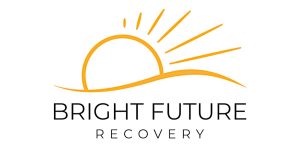There are an estimated 4.2 million people in the United States over the age of twelve that have experimented at least once with heroin during their lives, according to the National Institutes for Health (NIH). About one quarter develop a debilitating addiction. Heroin is a difficult addiction to overcome.
But with the right treatment, support and personal motivation – recovery from heroin addiction is possible.
Bright Future Recovery uses MAT Medication-assisted Treatment for heroin recovery.
Questions or Need Help?
Call Bright Future Recovery
Confidential Consultations and Insurance Verification
Highly Addictive
We have naturally occurring chemicals called neurotransmitters that help regulate pain and hormone release activated by the opioid receptors throughout our bodies. Heroin is a highly addictive substance, made from opium poppies, that binds with the opioid receptors in the brain’s rewards center and activates them. The receptors trigger the release of dopamine, a neurotransmitter known for bringing on feelings of euphoria and bliss. Normal amounts of dopamine, the ‘feel-good’ hormone, come from anticipation of a reward and help us work towards that reward. But when heroin activates the release of dopamine, these amounts are larger than normal and contribute to our ‘need’ for more. As we continue use, our bodies get used to the higher levels of dopamine in our system and reinforce the addiction.Treatment and Recovery
A good treatment program is the first step towards recovery. Some of the more effective programs use medication and behavioral therapy. A step program of some kind is also recommended. Withdrawal from heroin can include bone pain, muscle pain, restlessness, cold flashes, vomiting, and diarrhea. Some of the medications used for treatment are methadone, buprenorphine and naltrexone. These medications are considered harm reduction therapy and are used as part of the detox, to mitigate the more serious withdrawal symptoms, thereby allowing the focus to be on the overall health of the addict. Addiction is a chronic disease, like asthma, diabetes or hypertension. Treatment should be ongoing. Just like with one of the other diseases, an addiction is never ‘cured’, just managed. Like the diabetic will always have diabetes, the addict will always have the addiction. The treatment program is an ongoing process to keep the addiction (diabetes, hypertension, asthma) at bay. The effectiveness of the treatment also depends on the length of time of the addiction, the severity and the method of use.Relapse
The longer the addiction, the more difficult a recovery. Difficult does not mean impossible, it just means there are a few more hurdles to overcome. One of those hurdles, relapse, is a very real possibility, the relapse rate with drug addiction is about 40-60%, about the same for any other chronic disease. What you need to remember, however, is that since heroin has been gone out of the body for a while, it’s now heroin free and going back to the previous size doses could be fatal. The best way to keep from relapsing is to stay away from triggers, such as places where you used or bought heroin and people that you used with. A clear distinction needs to be made between the old life and the new, sober life. Anything that reminds you of the old life needs to be left behind. Situations that might provoke a craving for heroin, should be avoided at all costs. To successfully prevent a relapse, many treatment programs recommend writing a relapse prevention plan and sticking to it.Recovery Possible?
[one_half]Because of its highly addictive nature and the elevated sense of euphoria that heroin produces, the cravings may never go away entirely and may even intensify, sparking a relapse. There are several warning signs for relapses, they are not a single incident, but an accumulation of small incidents that eventually overwhelm you and cause the relapse. A relapse is not a failure of recovery, it’s actually a part of the recovery process in which you can learn from your mistakes or situations and take those new tools to start again in a treatment program and get back on track to continue recovery. You may have more than one relapse and each time, more tools and knowledge can be gleaned and used for furthering your recovery. Never allow a relapse to defeat you.Life in Recovery
 Motivation is the key to a successful ongoing recovery. Find a purpose or goal to help focus your efforts towards recovery.
Motivation is the key to a successful ongoing recovery. Find a purpose or goal to help focus your efforts towards recovery.The stronger the desire to remain clean and sober, the better your chances are for remaining in recovery and living a long and productive life. And the longer you stay in recovery, the better the statistics stack in your favor.
Your doctor should make sure that your treatment program and medications are continuously monitored and adjusted as needed to facilitate a thriving ongoing recovery and have all your medical needs taken into consideration.
You should keep going to support groups and counselling. Go to as many as you need, some people go as many as five times a week, depending on their needs and where they are in their recovery.
Above all, remember that ongoing recovery means exactly that: ongoing. Addiction recovery is a life-long process.
Gratitude
Being in recovery means you have a second (or third or fourth) chance at life. Do not waste it.Be grateful for each and every day that you’re alive. Find something in each day to make you smile. Start a new hobby. Do yoga and meditation.
Live long and prosper. (Thank you, Mr. Spock.)
This all adds up to a full recovery from heroin addiction and living your life the way it was meant to be lived!
If you or a loved one are struggling with Heroin Addiction, call us today:
*If this is a medical emergency, call 911 immediately.
Call Bright Future Recovery
Confidential Consultations and Insurance Verification
Related Reading:
Call Bright Future Recovery Now
Confidential Consultations and Insurance Verification
Detox | Residential Rehab | Relapse Prevention
We accept most insurance – Free Insurance Benefits Check.








